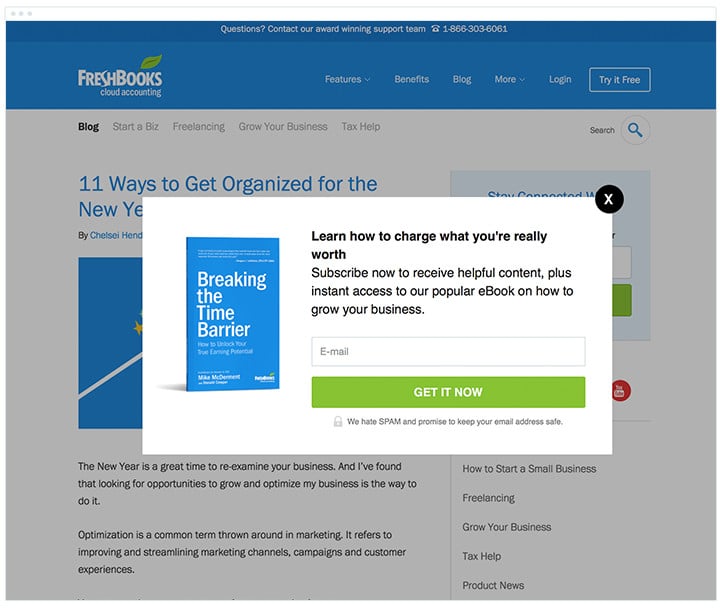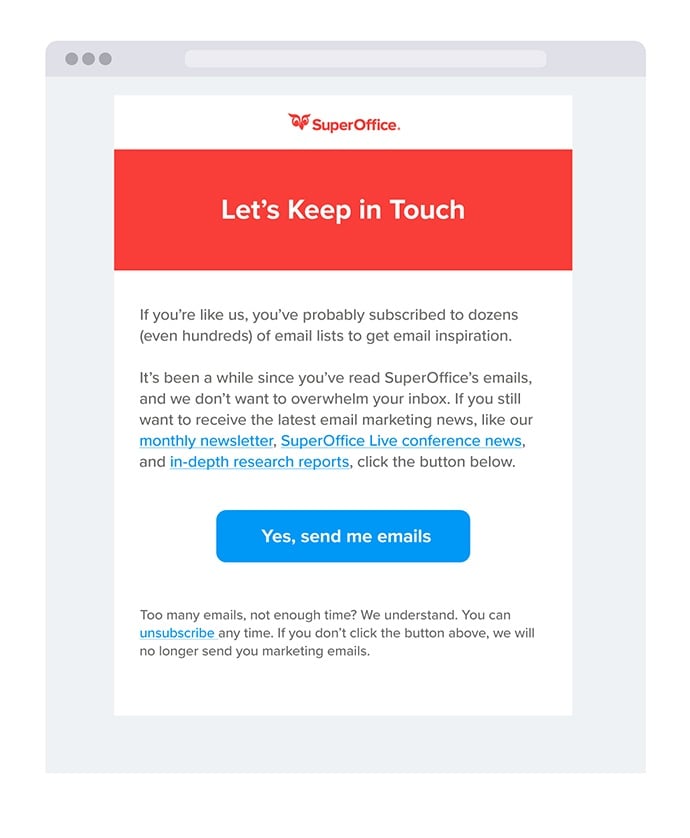Are you wondering if you need permission to send marketing emails? It’s a question that can save you from serious trouble.
Imagine sending emails that annoy people or even break the law. That’s the last thing you want for your business or brand. Knowing the right rules helps you build trust, avoid fines, and get better results from your campaigns. Keep reading to discover exactly what you need to do before hitting send—and how to protect your reputation while growing your audience.
Legal Basics Of Email Marketing
Email marketing is a popular way to reach customers directly. But sending marketing emails is not free from rules. Laws exist to protect people from unwanted messages. Understanding these laws helps businesses send emails safely and legally.
These rules require permission before sending marketing emails. They set clear limits on what can be sent and how. Following these laws builds trust and avoids trouble.
Key Laws And Regulations
Many countries have laws about email marketing. The most known is the CAN-SPAM Act in the United States. It requires businesses to get consent and include a clear unsubscribe option.
In Europe, the GDPR law is strict. It demands explicit permission before sending emails. It also protects personal data used for marketing.
Other countries have their own laws. Each law focuses on consent, honesty, and transparency. Knowing local rules is important for compliance.
Consequences Of Non-compliance
Breaking email marketing laws can cause big problems. Companies may face heavy fines for spamming people. These fines can reach thousands of dollars per email.
Non-compliance harms a company’s reputation. Customers lose trust and may stop buying. Emails may also be blocked by spam filters.
Legal actions can lead to lawsuits. This wastes time and money. Following laws protects businesses from these risks.

Credit: www.growleady.io
When Permission Is Required
Sending marketing emails requires permission in many cases. This protects people from unwanted messages. It also helps build trust between businesses and customers.
Knowing when to get permission is important. Laws in many countries say you must have consent before sending marketing emails. This keeps email marketing fair and respectful.
Types Of Consent
Consent means a person agrees to receive emails from you. There are two main types of consent: implied and explicit.
Implied consent happens when there is a previous relationship. For example, a customer who bought from you may expect emails. This type of consent is limited and may expire.
Explicit consent means the person clearly agrees to get your emails. They usually sign up through a form or check a box. This consent is stronger and more reliable.
Implied Vs Explicit Permission
Implied permission is less clear. It depends on past actions or business connections. You must be careful using this type of consent.
Explicit permission is clear and direct. People give clear approval before you send marketing emails. This is the safest way to comply with laws.
Always try to get explicit permission. It reduces complaints and improves your email success. It shows respect for your audience’s choices.
How To Obtain Permission
Getting permission before sending marketing emails is important. It helps build trust with your audience. It also keeps you safe from legal issues. You need clear consent from people before adding them to your email list. Here is how to obtain that permission correctly.
Opt-in Methods
Opt-in means people agree to receive your emails. The simplest way is a signup form on your website. Ask for their email and a clear statement that they agree to get marketing messages. Keep the form short and easy to understand. Avoid pre-checked boxes. Let users decide freely.
Double Opt-in Process
Double opt-in adds an extra step. After signing up, users get a confirmation email. They must click a link to confirm their interest. This step ensures the email is valid and the user wants your messages. It reduces fake signups and spam complaints. It also improves your email list quality.

Credit: www.campaignmonitor.com
Exceptions To Permission Rules
Marketing emails usually need permission before sending. This rule protects people from spam. Yet, some exceptions allow sending emails without explicit consent. These exceptions focus on clear communication and important messages.
Existing Customer Relationships
You can email people who already bought from you. This is called an existing customer relationship. You may send offers related to previous purchases. The emails should match what the customer expects. You must not share or sell their information. Respect their choice to unsubscribe anytime.
Transactional Emails
Transactional emails provide important information about a transaction. Examples include order confirmations and shipping updates. These emails are necessary for customer service. They do not require prior permission. Avoid adding marketing content in transactional emails. Keep the message clear and relevant to the transaction.
Best Practices For Email Marketing
Email marketing can bring great results if done right. Following best practices helps build trust with your audience and keeps your emails out of the spam folder.
Good email marketing respects the reader’s choices and provides clear options. It also requires keeping your email list up to date and relevant. These steps improve engagement and keep your campaigns effective.
Clear Opt-out Options
Always include an easy way for people to unsubscribe. This option must be visible in every marketing email. It shows respect and builds trust with your audience.
Make the opt-out process simple and quick. Avoid hiding the unsubscribe link or making it hard to find. Clear opt-out options reduce complaints and keep your list healthy.
Maintaining A Clean Email List
Regularly remove inactive or invalid email addresses. A clean list improves your email deliverability and open rates.
Check for bounced emails and unsubscribe requests often. Sending emails only to interested users saves time and resources.
Tools And Resources
Sending marketing emails requires care and the right tools. Many resources help you follow rules and reach your audience well. These tools guide you on permission and proper email practices. Using them keeps your emails safe from spam filters.
Email Marketing Platforms
Email marketing platforms help you create and send emails easily. They include features to collect permission from contacts. These platforms often have built-in tools to follow email laws. You can track who opens your emails and clicks links. Popular platforms include Mailchimp, Constant Contact, and Sendinblue.
Compliance Checklists
Compliance checklists list all rules for email marketing. They remind you to get permission before sending emails. These checklists cover essentials like clear unsubscribe options and honest subject lines. Using a checklist reduces the risk of breaking the law. Many websites offer free checklists to download and use.

Credit: www.privacypolicies.com
Frequently Asked Questions
Do I Need Permission To Send Marketing Emails?
Yes, you must get explicit permission before sending marketing emails. This is required by laws like GDPR and CAN-SPAM to protect recipients from spam and ensure consent.
What Laws Regulate Marketing Email Permissions?
Marketing emails are regulated by laws such as GDPR in Europe, CAN-SPAM in the USA, and CASL in Canada. These laws require clear consent and offer unsubscribe options.
How Can I Get Permission For Marketing Emails?
You can get permission by using opt-in forms on your website, asking users to subscribe explicitly. Always provide clear information about what they will receive.
What Happens If I Send Emails Without Permission?
Sending emails without permission can lead to penalties, fines, and damage to your brand reputation. It may also cause your emails to be marked as spam.
Conclusion
Sending marketing emails needs clear permission from your audience. Respecting rules helps build trust and avoids legal trouble. Always ask before you email. Keep your messages honest and simple. This way, readers stay interested and engaged. Permission is not just a rule, but a smart business choice.
It makes your emails welcome, not annoying. Remember, good communication starts with respect. Stay clear, stay legal, and watch your email efforts succeed.













